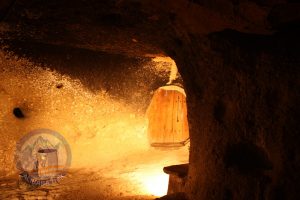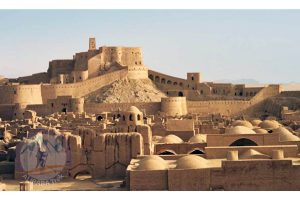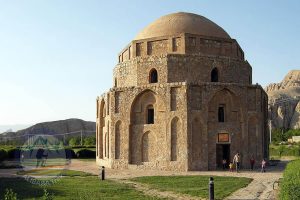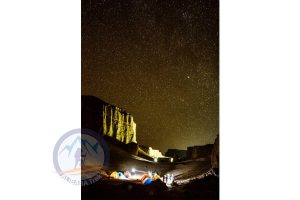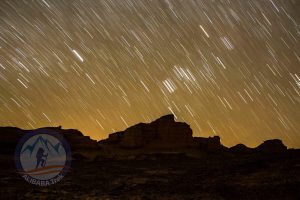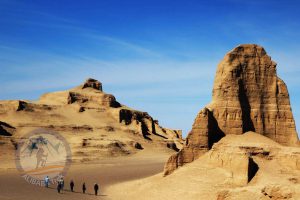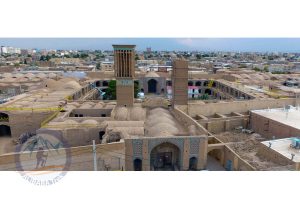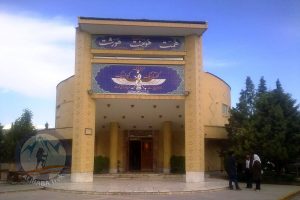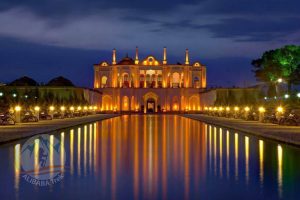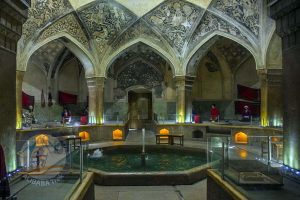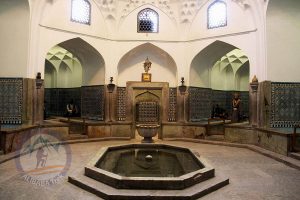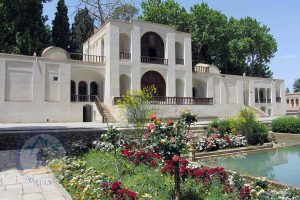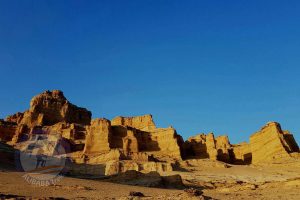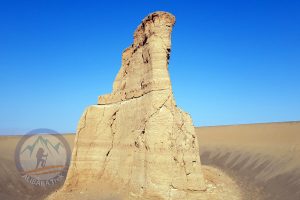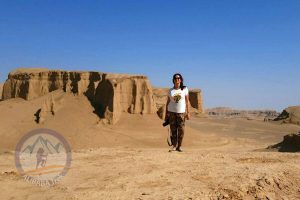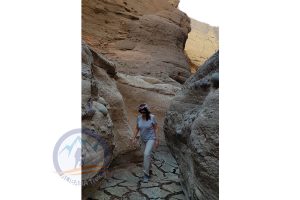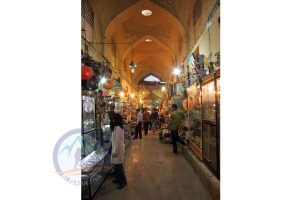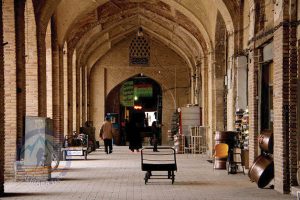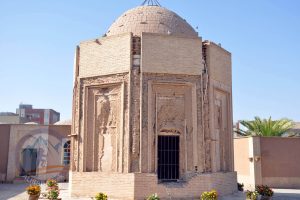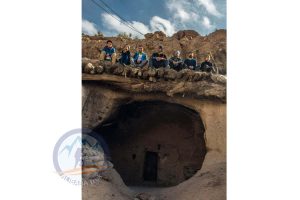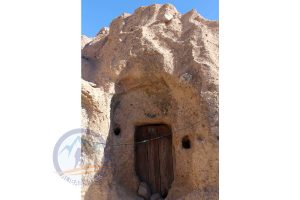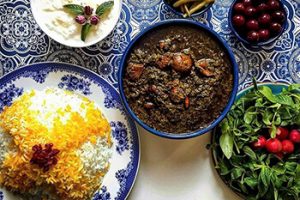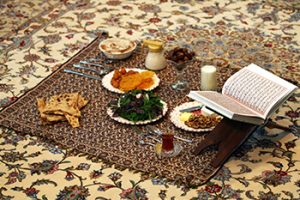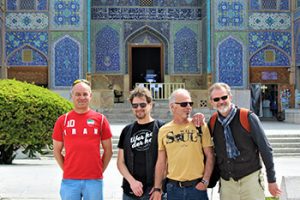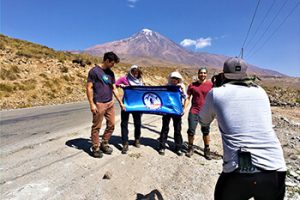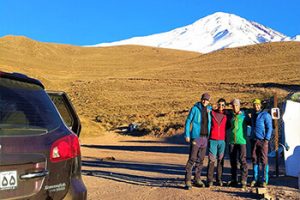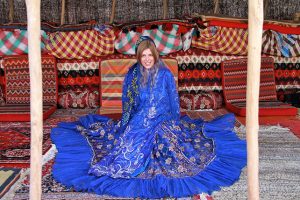Kerman
One of the capitals of Iran during the rule of various dynasties during thousands of years and one of the five historical cities of Iran
Kerman is one of the oldest cities in Iran, dating back to 220 years BC. Therefore, it’s one of the five historical cities in Iran. Also, it used to be the capital of many dynasties in Iran due to its valuable geographical location. Furthermore, Kerman is the most significant exporter of Pistachio in Iran. And, it’s one of the biggest producers of handmade carpets too. So, this city has all the reasons to become a popular destination for Iran tours packages.
This city in the southeast of Iran is full of historical wonders. But, the passing of time and the destructions that natural disasters made have ruined many of them. But still, you can find many places to visit in this amazing historical city. Kerman is also known as “ Shesh Darvazeh” (Six Gates) because of the six gates it used to have. Also, it used to have another name as well. Its name used to be “Gavashir.” In the mythologies, Gavashir was one of the cities Keikhosro gave to Rostam (the hero of Shahnameh).
Souvenirs
Two of the most famous local pastries you can find in Kerman are Sohan and Kolompeh. Sohan is like a toffee made with saffron and wheat. It comes in different tastes and shapes such as almond and honey. Kolompeh is another pastry from Kerman that looks like a pie. It has date and cardamom in it.
Weather
Kerman has freezing winter nights and has cold weather during springs and summers. Mountains cover most of Kerman. The snow covers Kerman’s southern mountains almost all over the year. The Dasht-e Lut is near Kerman, which is the hottest spot on earth. The temperature in this desert can rise to 70 degrees centigrade. Kalut-e Shahdad is another natural attraction near Kerman. It has the hugest yarding on earth and looks like a town with no residents from far away. All of the information above shows what an important city Kerman is for attracting Iran tours.
Jabalieh Dome
This mysterious dome is in the east of Kerman near two graveyards. Historians say that this dome dates back to 200 years BC. The use of this dome is unclear. This impressive dome has been the destination of many Iran tours during the past years. There is not a common idea about what this dome used to be. Also, some believe that it used to be an observatory. Another group of historians thinks that it used to be a Zoroastrian fire temple or a tomb. The whole building is out of stone.
Ganjali Khan Bath
This bath is one of the buildings in the Ganjali Khan complex. This bath dates back to the Safavid era, which means almost 400 years ago. There is a sentence on the head of this bath saying, “ Nobody has ever seen a bath like this in the world.”You can find paintings on the walls of this bath from both the Safavid and Qajar era.
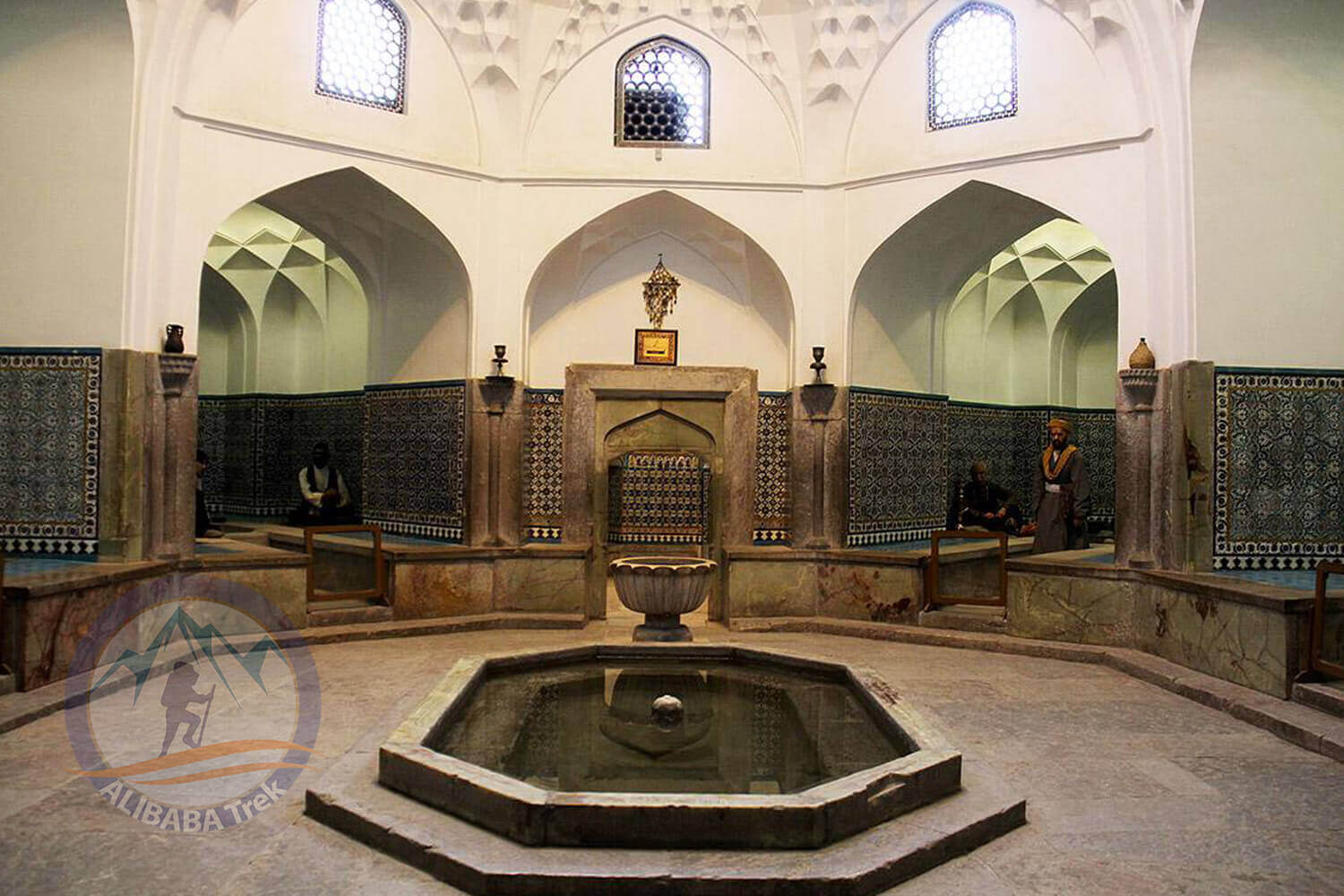
Kerman Bazaar
This bazaar is the longest bazaar in Iran. Rulers from different dynasties have constructed different parts of this bazaar. Most of the parts date back to at least 600 years ago. The coppersmith’s bazaar is a significant part of this amazingly colossal bazaar. The other parts of it include Arg bazaar, Ganjali Khan bazaar, and Vakil bazaar.
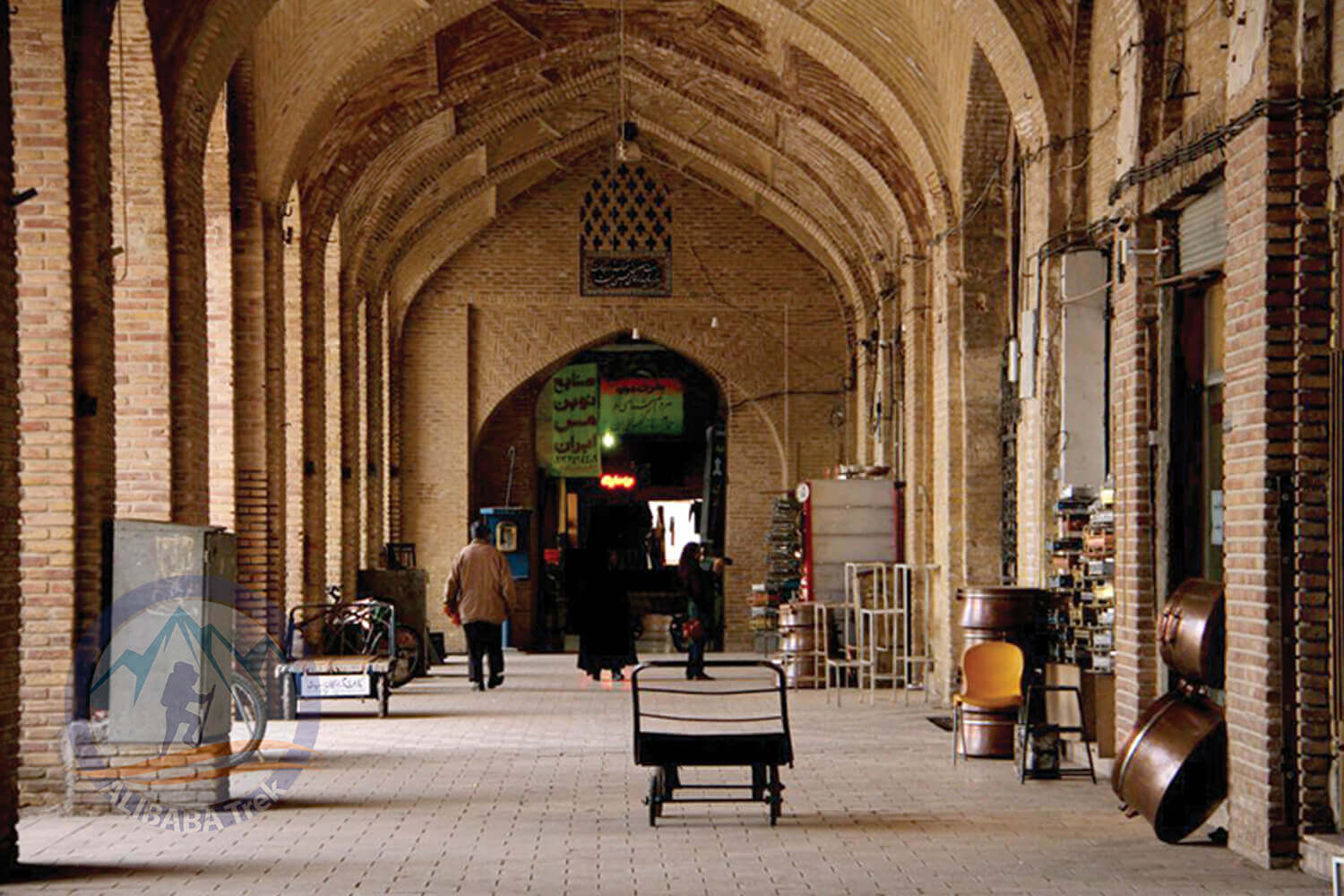
Harandy Garden Museum
This garden which used to be out of Kerman almost a hundred years ago was a recreational garden. Also, this garden is famous because Reza Shah stopped at it for a few days during his exile journey. Nowadays, this garden is a museum. In the ground floor, you can see different types of traditional musical instruments. And, the first floor is an archeology museum where you can learn about the ancient history of Kerman.
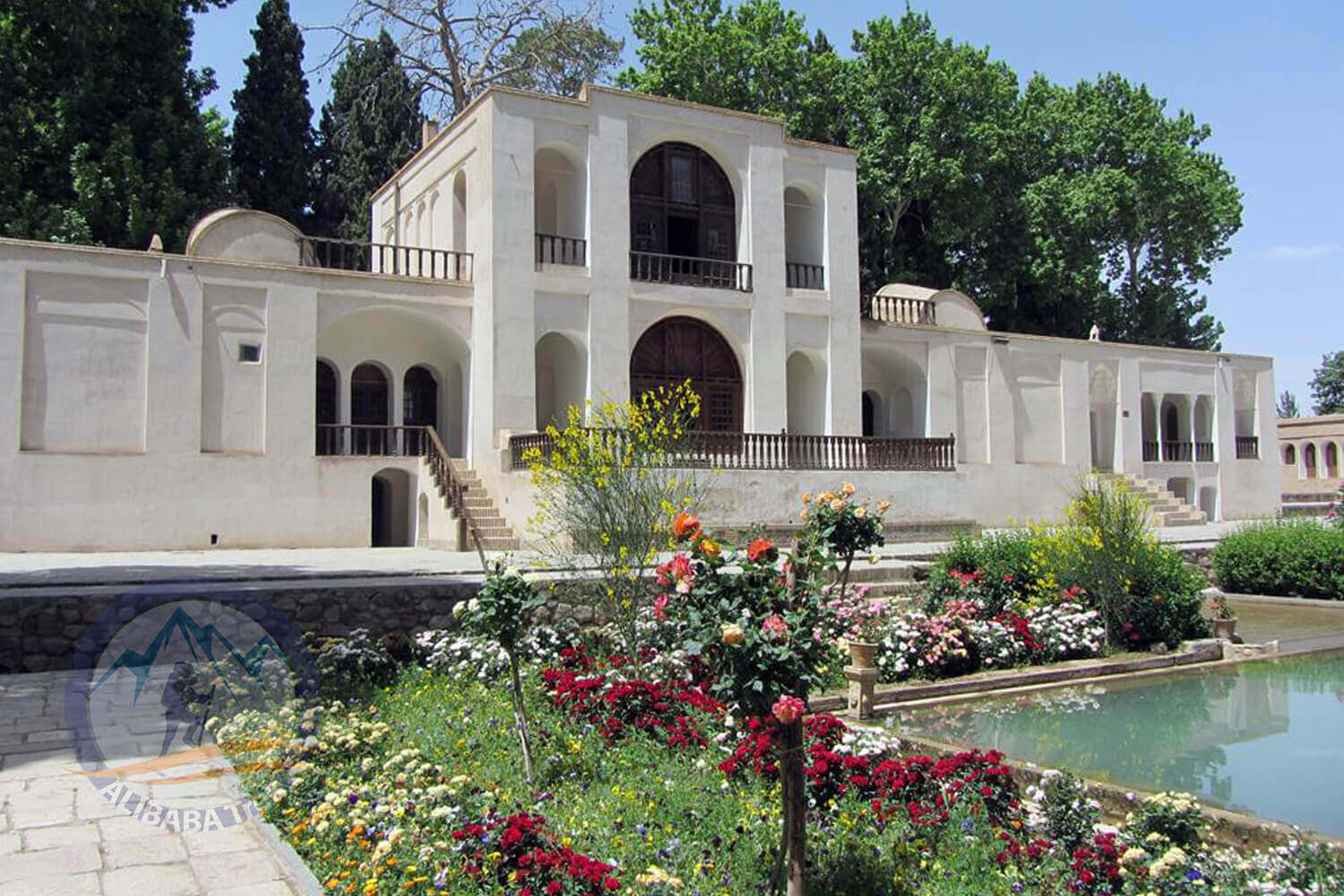
Khajeh Atabak Tomb
This tomb is in the south of Kerman. Khajeh Mohammad Atabak was one of the politicians during the Seljuq era. All the decorations of this building are out of turquoise tiles. Also, there are inscriptions in this building which have sentences in Kufic scripts.
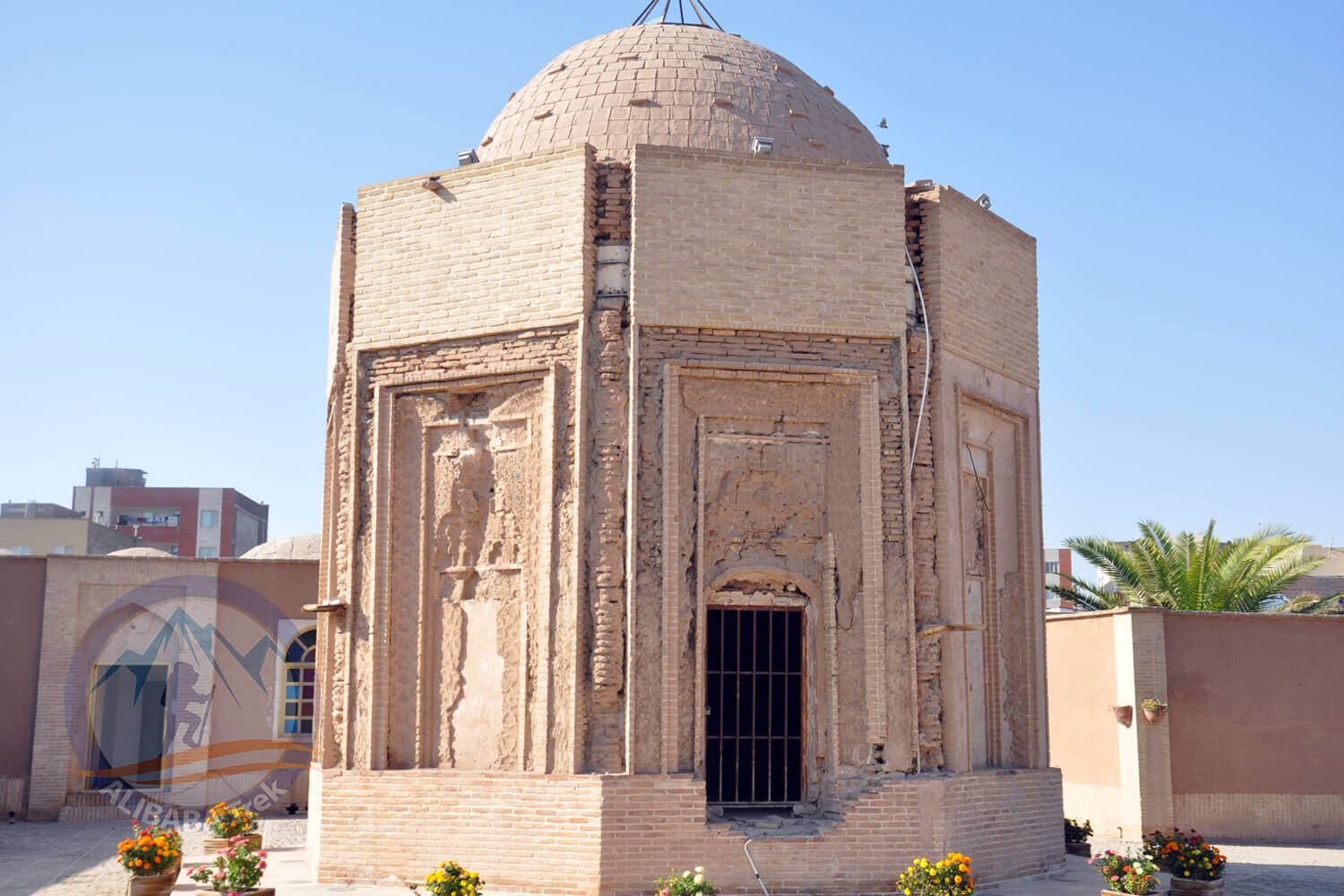
Fath-Abad Garden
This garden is in the center of Kerman and dates back to the Qajar era. The main building in the center of the garden. Also, there is another building in the west of the garden. Nowadays, it’s one of the attractions in Kerman, and you can hire rooms in both of the buildings. You can also do recreational activities in the halls of the buildings in this incredibly beautiful garden.
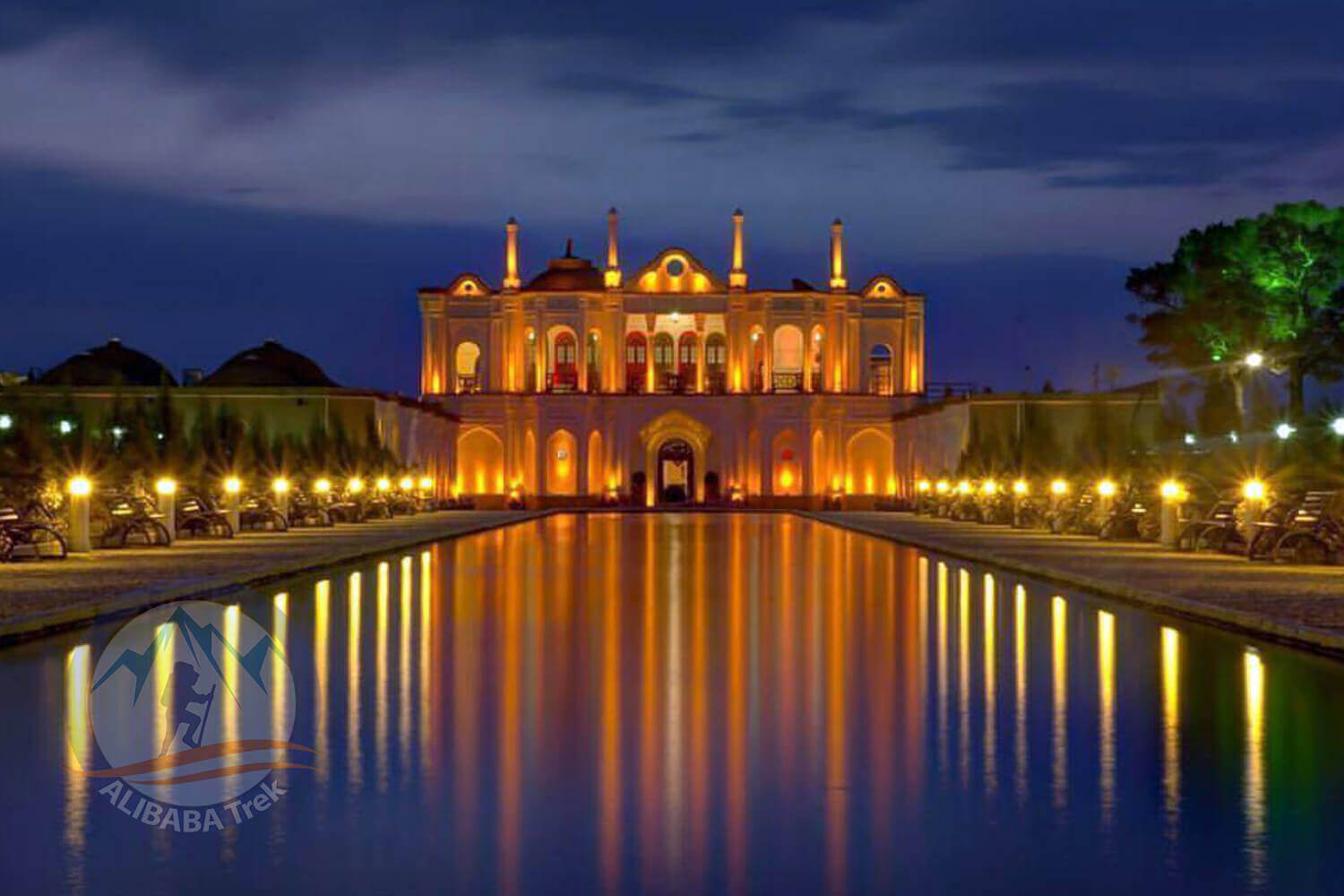
Zoroastrian Museum
This museum is the only anthropological museum about the Zoroastrians. In this museum, you can find different types of fireplaces, and what Zoroastrians used for burning fire. Also, you can see Zoroastrian women’s dresses from 50-150 years ago. Furthermore, there are documents in this museum that show what women wore in the Sassanid and the Achaemenid era.
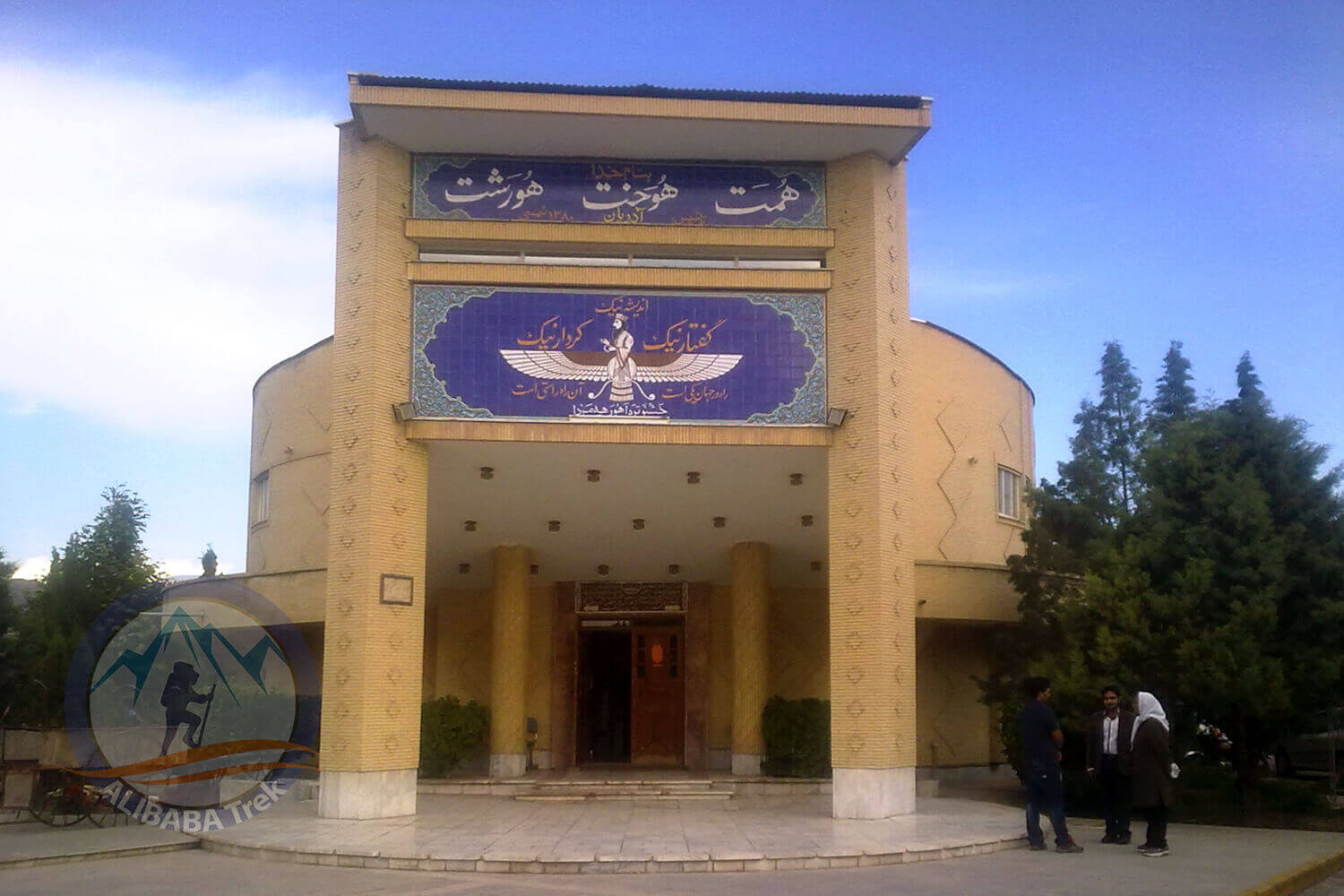
Vakil Caravanserai
Vakil Caravanserai is one of the biggest Caravanserais in the world from the Qajar era. It has two floors and has 120 rooms in it. The gate of this Caravanserai has a breathtaking design of parget and tiles. Two of the most surprising aspects of this building are its windward and the clock tower. How this clock tower came to Iran for the first time has a long story. So, remember to ask your guide to tell you its story.
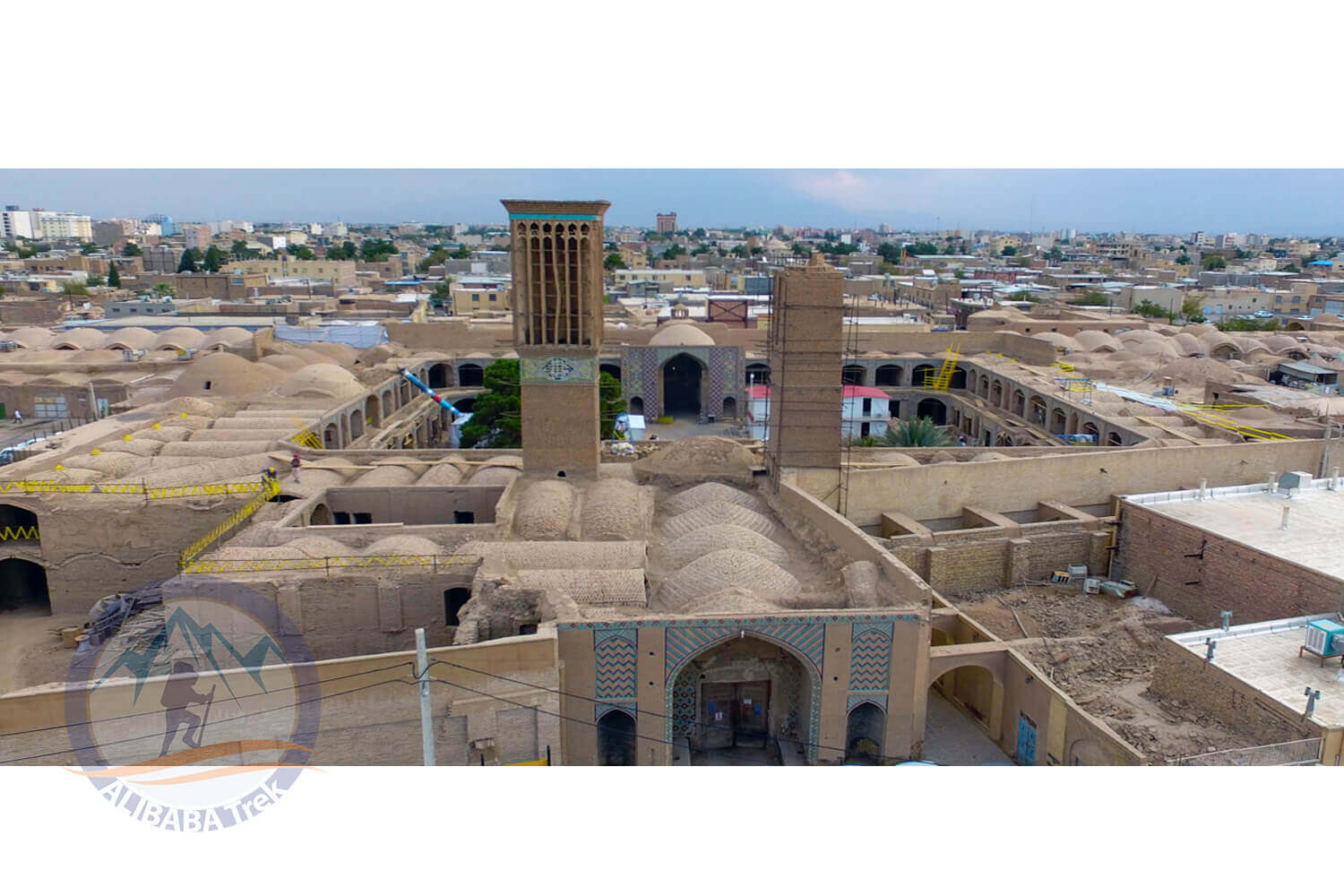
Arg-e Bam
Arg-e Bam, the most massive adobe structure in the world, has been on the way of silk road since 500 years BC. Also, it was still livable until 1850 AD. The powerful earthquake in 2003 ruined many parts of it, but it still is one of the Iran destinations for tourists. The whole structure is a fortress, and the Arg is the building at its heart.
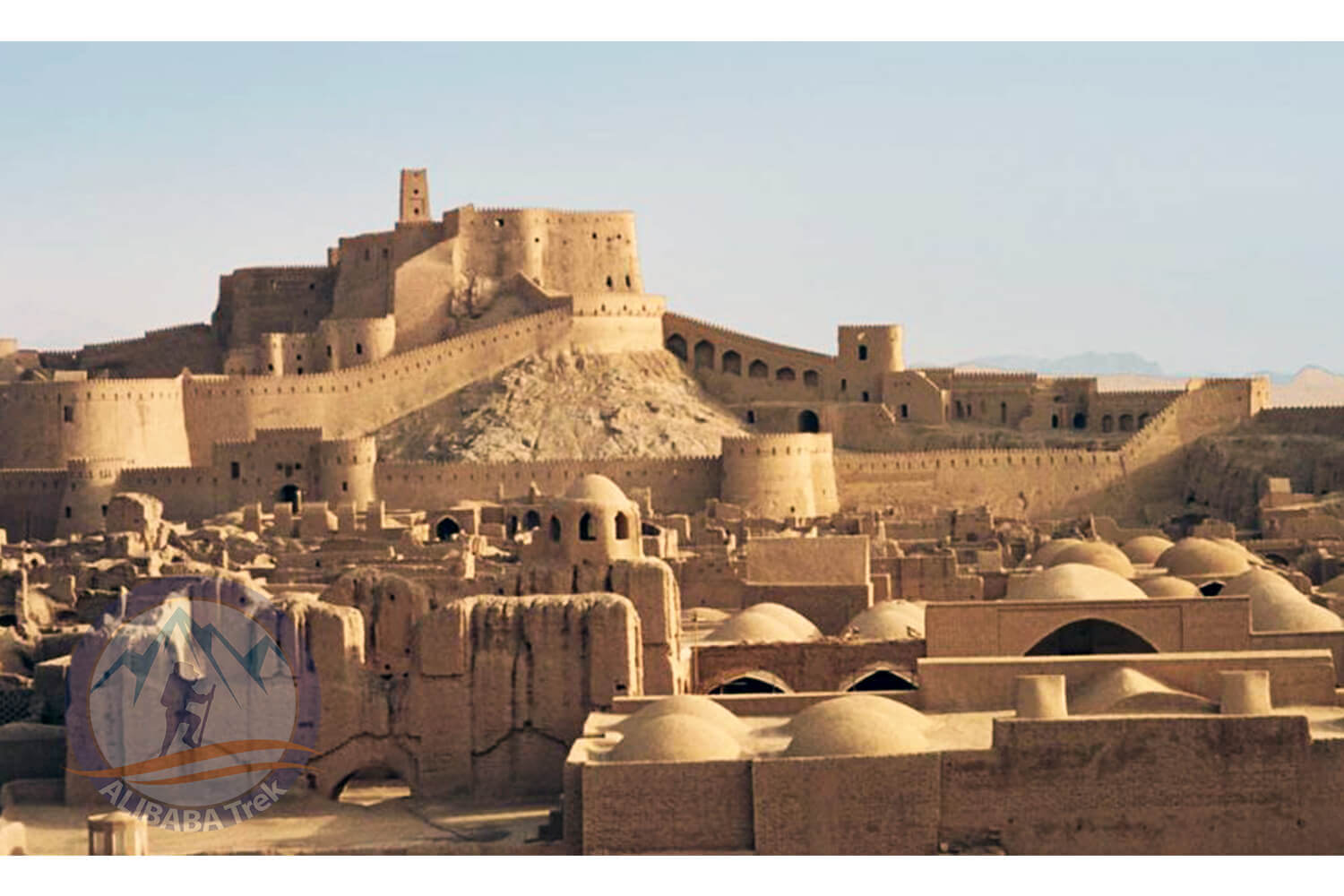
The Meymand Historical Village
This village is near Shahr-e Babak in Kerman province. It’s famous due to the unique architecture of its houses. The houses in this village are carved in the cliffs of the mountains. What’s more interesting about this village is that people still live in these houses. The people of this village have continued living traditionally. In other words, this village is still alive!
Rageh Valley
Rageh valley is one of the nonpareil and less known attractions of Kerman. It has more than 80 meters in height. Also, “Giverdi” river is always floating in the middle of this valley. You can find fantastic shapes on the crusts and walls of this valley. Watching the stars from inside the valley during the night is one of the things that makes this place an Iran destination. So, not only this valley has beauties on the ground, it gives you a different experience of watching the sky.
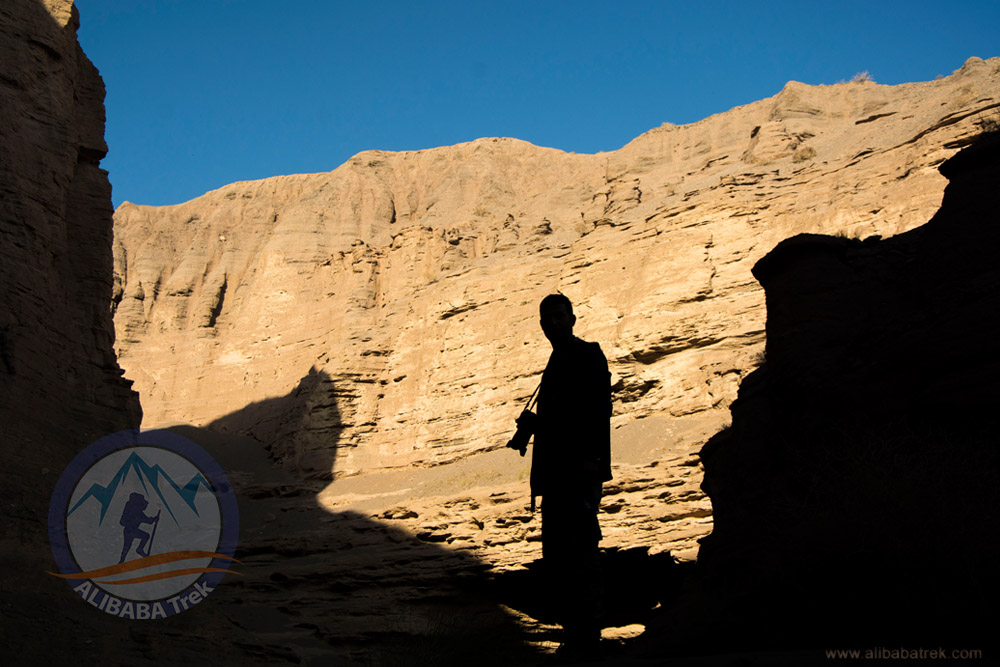
Kalut Shahdad Desert
The Kaluts (yardangs) in Shahdad desert in Kerman are among the most magnificent natural structures in the world. It’s one of the most popular places that Iran tour packages will take you. The wind and water erosions in 20 thousand years ago built these yardangs. The Yardangs in this desert are the hugest yardangs in the world.
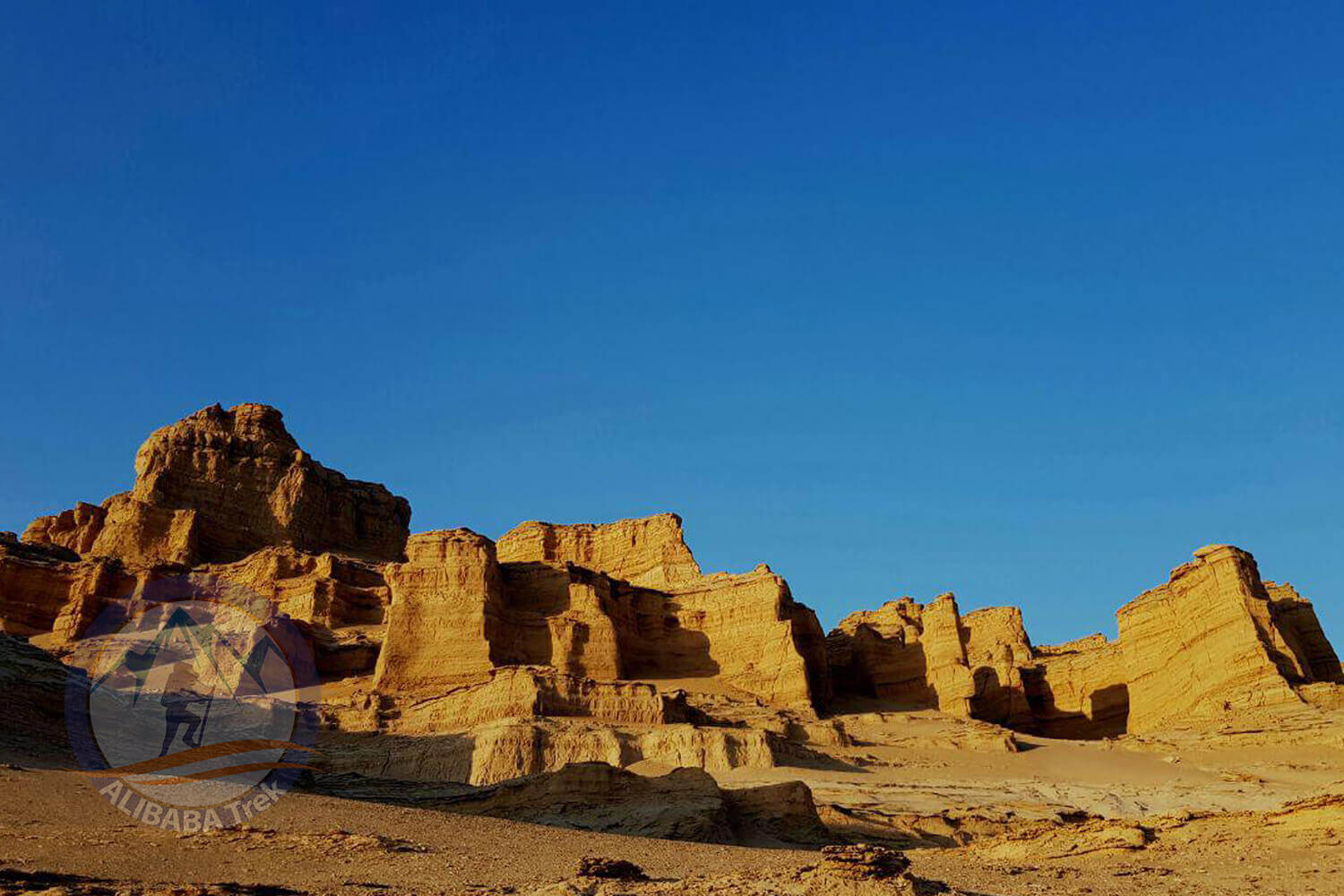
General Info
- Population: 738,374
- Area: 220 km²
- Elevation: 1,755 m
- Climate: Desert
- Avg. Annual Temperature : 16.0 °C
- Adventure & Culture
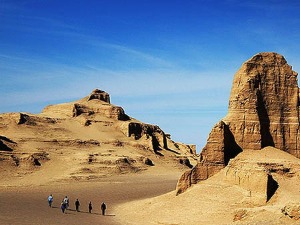

Iran desert trekking and sightseeing tour
A wonderful of Iran tour package for those who are looking for both adventure in deserts and sightseeing. By joining this Iran travel tour, you can do a fabulous Iran desert trekking. In addition, you can visit the historical Meymand village near Shahdad Kalut desert in this Iran tour.
- 6 Days
- Oct. to May
- Phys. Rating: 2 out of 5
- Culture
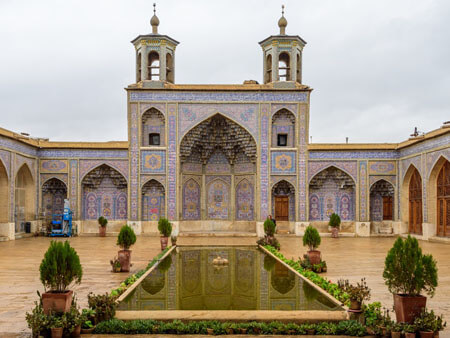

Explore the Iranian culture in two weeks
Enjoy spending time in the historical cities of Iran and visiting their cultural attractions thoroughly with this Iran travel tour. Spend only two weeks with this Iran tour to see the most important cultural cities of Iran. Moreover, optimized Iran tour package includes visiting Tehran, Kashan, Isfahan, Yazd, and Kerman.
- 14 Days
- 4 Seasons
- Phys. Rating: 1 out of 5


